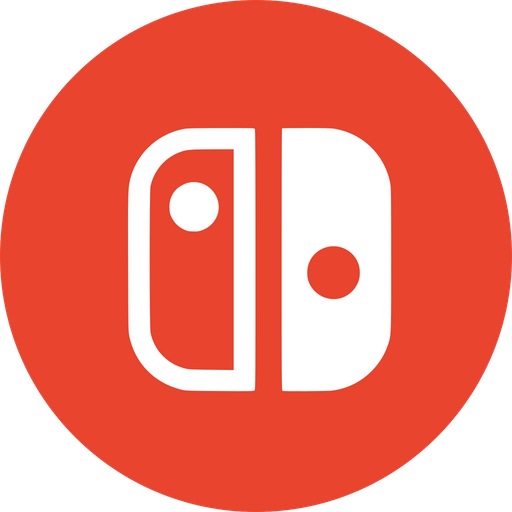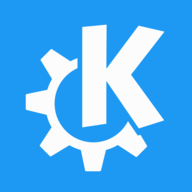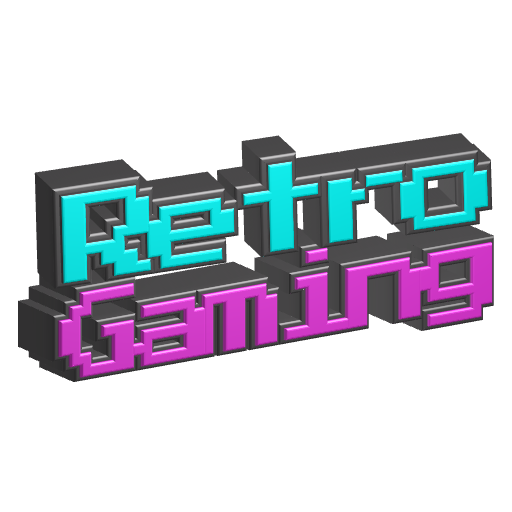

Nintendo has been more about innovation in gameplay more than graphics pretty much since the turn of the century, and aside from the Wii U it’s paid off for them pretty well, so why should they change that model? Further, this isn’t like the Wii days in which they got only shovelware or severely butchered versions of 360/PS3 games from third parties: the main difference in many third party Switch games compared to their MS/Sony counterparts is mostly just running at 30 vs 60 FPS with no other major graphical or gameplay changes.
That said, Nintendo has been blessed to have mostly weak competition in the handheld console market up to now, so also hasn’t felt much pressure from outside in the handheld world until recently. Their handhelds have had quite the long lifespans: the Game Boy lasted from the late 80s to the 2000s before the upgrade to the GBA, and even after the Switch released the 3DS was still seeing relatively strong support until the turn of this decade, putting that at around a nine-year life cycle. I mention this because the Switch for many is as much a handheld as a home console. Now the Steam Deck and similar handheld PCs are giving Nintendo their first strong handheld competition since the PSP (among dedicated gaming machines, I don’t include smartphones). That handheld challenge may also be behind fans’ push for a Switch 2 soon and/or featuring more graphical power than Nintendo may have originally been wanting. But even then, they are mostly best off moving at their own pace and not trying too hard to keep up with the competition. It’s when they have tried to keep up that they hit their lowest numbers compared to MS/Sony, such as the GameCube and the Wii U. When they do their own thing and take the time to get it right is when they are at their best.







In addition to the perception that you have to be “good at computers” (aka a programmer) to use Linux, in my experience a lot of Linux media outlets (websites, YT channels, podcasts, etc) tend to be heavy on advanced features and tools without much explanation in layman’s terms and tend to be geared towards an IT professional/hobbyist audience, which can reinforce that stereotype among those (like me) who are not.